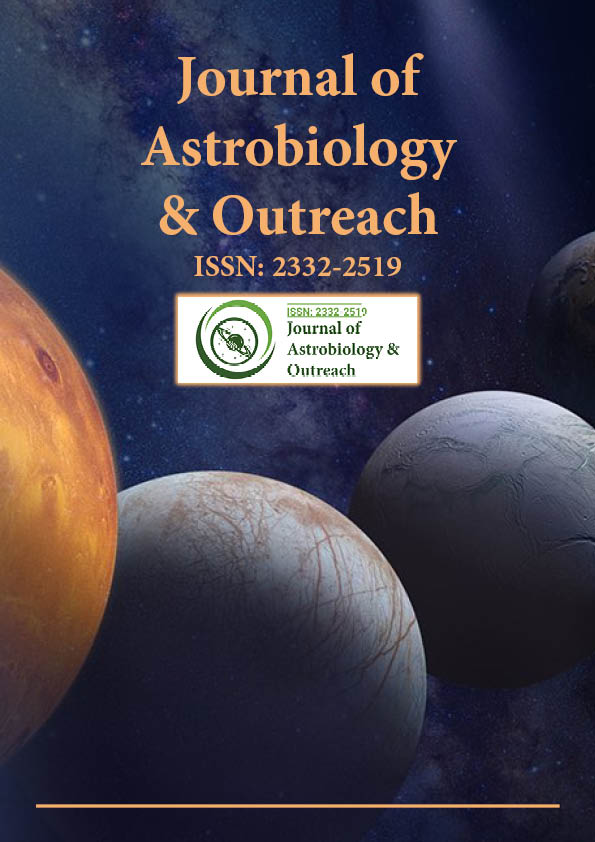Indexado em
- Abra o Portão J
- Chaves Acadêmicas
- JournalTOCs
- RefSeek
- Universidade de Hamdard
- EBSCO AZ
- OCLC- WorldCat
- Google Scholar
Links Úteis
Compartilhe esta página
Folheto de jornal

Periódicos de Acesso Aberto
- Agro e Aquicultura
- Alimentos e Nutrição
- Bioinformática e Biologia de Sistemas
- Bioquímica
- Ciência de materiais
- Ciencias ambientais
- Ciências Clínicas
- Ciências Farmacêuticas
- Ciências gerais
- Ciências Médicas
- Cuidados de enfermagem e saúde
- Engenharia
- Genética e Biologia Molecular
- Gestão de negócios
- Imunologia e Microbiologia
- Neurociência e Psicologia
- Química
Abstrato
A vida como fenómeno cósmico: a trajetória da panspermia do Homo sapiens
N. Chandra Wickramasinghe e Gensuke Tokoro
Discutimos a origem e a evolução do Homo sapiens num contexto cósmico e em relação à teoria da panspermia de Hoyle-Wickramasinghe, para a qual existem hoje provas esmagadoras. Argumenta-se que a primeira bactéria (archea) incidente na Terra através da acção de cometas, há 3,8-4 mil milhões de anos, continuou posteriormente a ser aumentada por genes virais (ADN, ARN) do espaço que acabaram por conduzir aos padrões evolutivos que conhecemos. Argumentamos que o atual estado evolutivo do Homo sapiens, bem como a sua trajetória futura, é circunscrito por processos evolutivos que foram pré-determinados numa escala cósmica – ao longo de vastas distâncias e enormes períodos de tempo cósmico. Com base nesta hipótese teleológica postulamos que duas classes distintas de vírus cósmicos (genes virais cósmicos) estão envolvidas na explicação dos factos relativos à evolução da vida.